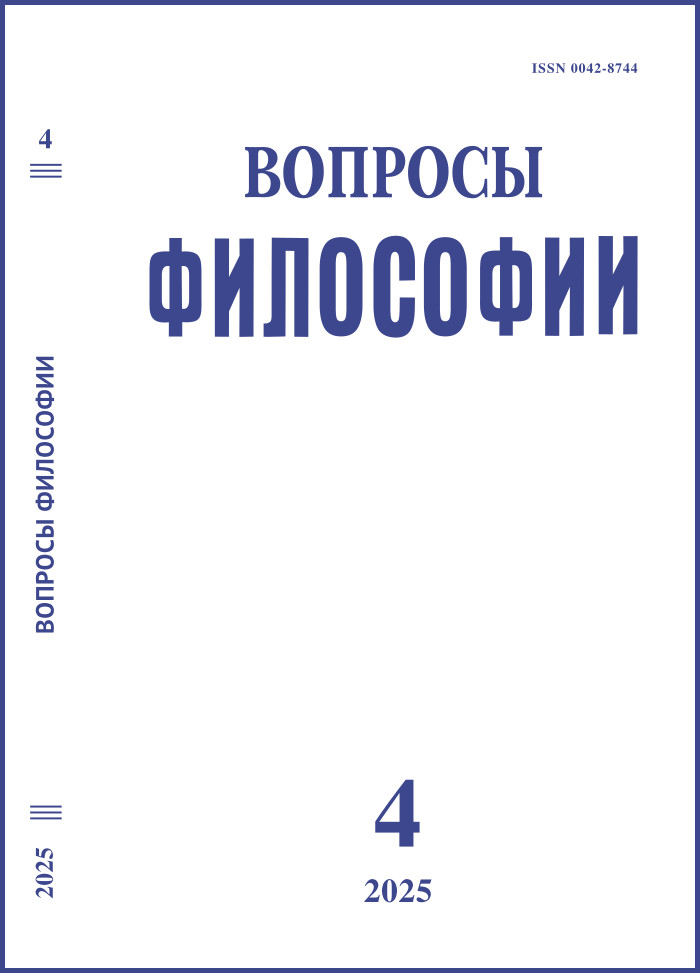Зарождение жанра автобиографии в Японии
DOI:
https://doi.org/10.21146/0042-8744-2025-4-186-197Ключевые слова:
Япония, автобиография, биография, Фукудзава Юкити, «Фукуо дзидэн», Ямага Соко, Араи Хакусэки, Мацудайра Саданобу, Хакуин, Кацу Кокити, Утимура Кандзо, Таяма КатайАннотация
Традиционная Япония не знала полноценного жанра автобиографии. Цель жизни состояла в том, чтобы получить признание своих заслуг, которые отражались бы в официальной посмертной биографии. Спорадические попытки описать собственную жизнь наблюдаются по преимуществу в тех случаях, когда власть относилась к автору, по его мнению, несправедливо и он старался оправдаться перед потомками. Иными словами, это были исповеди неудачников. Эти сочинения доказывают, что образованные люди того времени обладали достаточным интеллектуальным потенциалом для описания собственной жизни, однако их общие установки, как правило, отвергали такую возможность. Чрезмерные проявления «личного» считались знаком «нескромности» и потери ориентации в социальном и экзистенциальном пространстве. Таким образом, речь идет не о «неразвитости» личности, а о сознательных самоограничениях в пользу «общего» дела. Ситуация меняется вместе с приобщением Японии к западной культуре и цивилизации во второй половине XIX в. Это поколебало привычные воззрения
относительно соотношения коллективного и личного, привлекло интерес к индивидуальному как к положительному началу, повысило его статус, сказалось на самооценке того или иного человека. Первая полноформатная автобиография западного типа принадлежит знаменитому просветителю Фукудзава Юкити (1835–1901) и была опубликована в 1898 г. Она называлась «Фукуо дзидэн» («Автобиография старца Фукудзавы»). Это рассказ о том, как автор добился успеха в жизни, и по этому параметру «Фукуо дзидэн» является характерной для англо-американской традиции «истории успеха» (success story). После публикации этого произведения жанр автобиографии стал получать в Японии все более широкое распространение.

